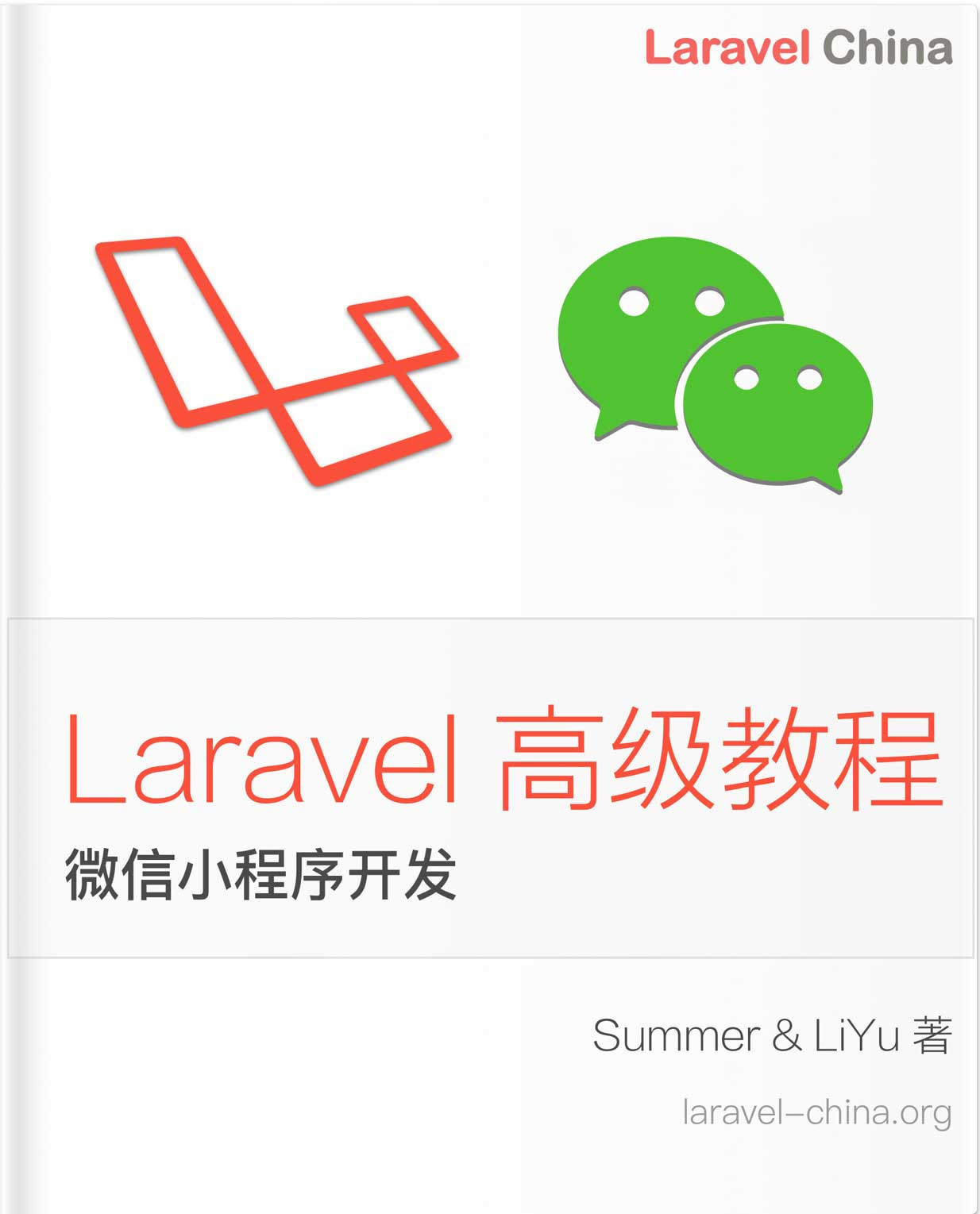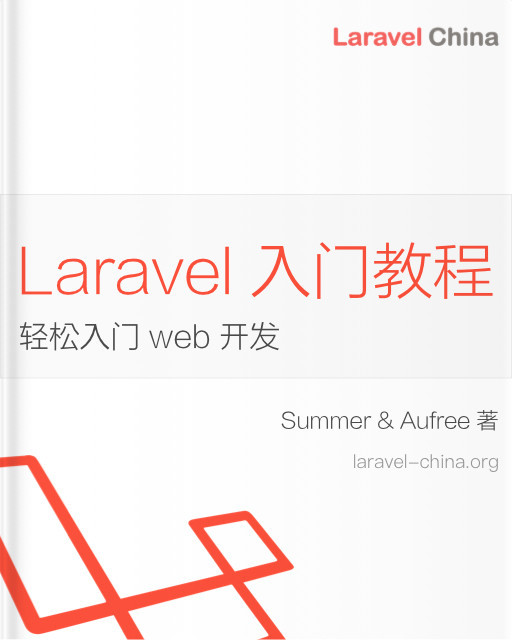这两处代码有什么不同
第一段
interface GenericIdentityFn {
<T>(arg: T): T;
}
function identity<T>(arg: T): T {
return arg;
}
let myIdentity: GenericIdentityFn = identity;第二段:
interface GenericIdentityFn<T> {
(arg: T): T;
}
function identity<T>(arg: T): T {
return arg;
}
let myIdentity: GenericIdentityFn<number> = identity;在ts 里面 我们经常用到那种呢?前端大佬给点指示






 关于 LearnKu
关于 LearnKu




推荐文章: